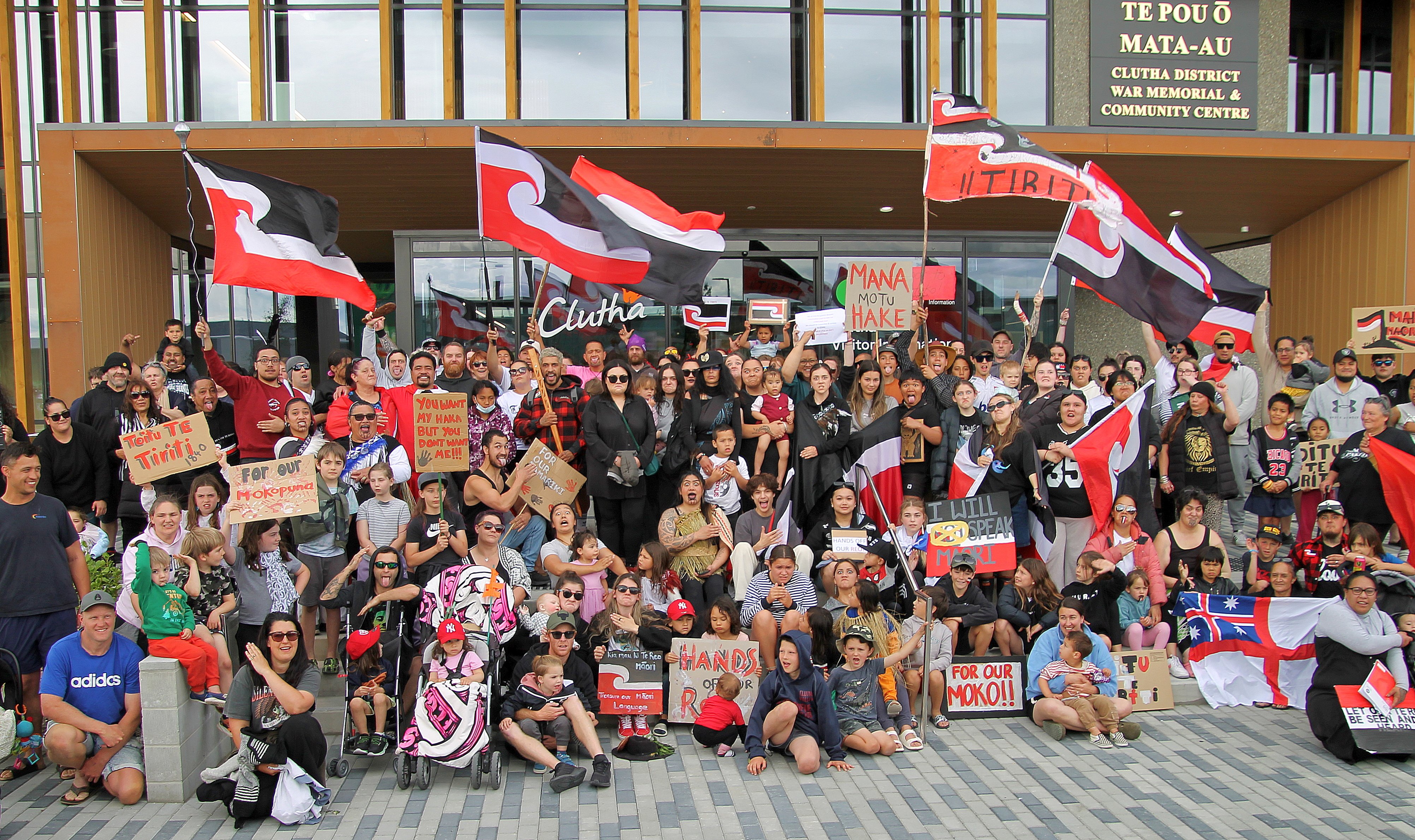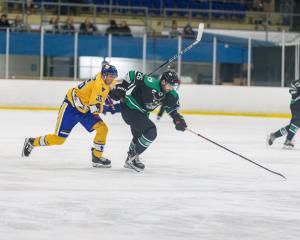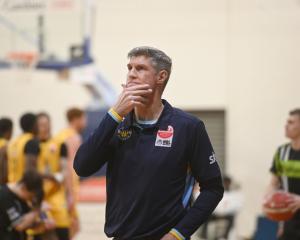
The peaceful protesters mustered at the south end of the town at 5pm and walked — mostly on the footpath — the about 2.4km to Te Pou Ō Mata-Au — Clutha District War Memorial and Community Centre near the Balclutha Bridge.
Announced by waiata, the hikoi march was about Māori showing solidarity after the gains made in recent years, and as they looked to a new government many saw as unsympathetic, local man Rob Aramoana said.
"It’s like they want to abolish our language ... I think [te reo] should be compulsory up to year 9 or 10 and optional afterwards."
Kōrero tene [impromptu speeches] were given on the steps of the new community centre before a few short haka.
"Our voices, mana, marae and iwi will be heard ... Māori are one," manu kōrero orator Jarel Taunoa said.
"The signs they are taking down represent us. This is our signal to Parliament — to those three — we are here. You are not going to get rid of us."
Asked whether Māori had ceded sovereignty when signing the Treaty of Waitangi, Mrs Jaleesa TeKahu, of Kaka Point, was circumspect.
"I don’t know if they knew what they were signing to," she said.
"I think they believed they were signing a co-alliance if it would stop war and made us one people in New Zealand," Mr Taunoa said.
The hikoi ended with karakia and impromptu haka in honour of Milton woman Rheese Kidwell who had been instrumental in organising the peaceful demonstration.
- By Nick Brook











